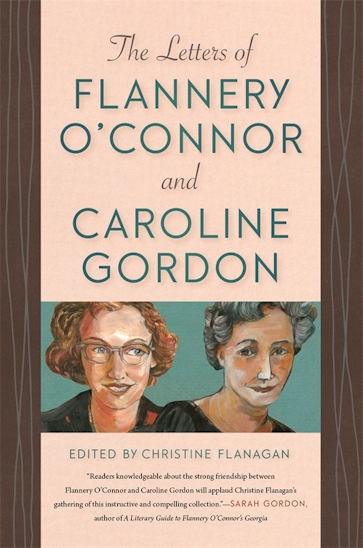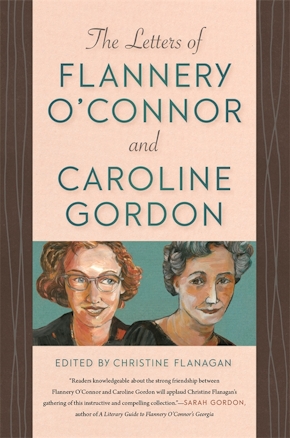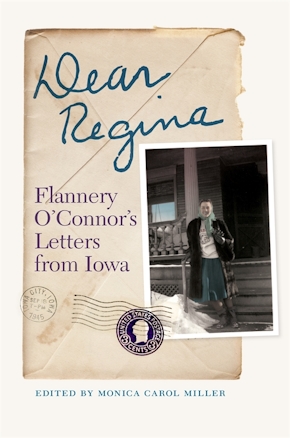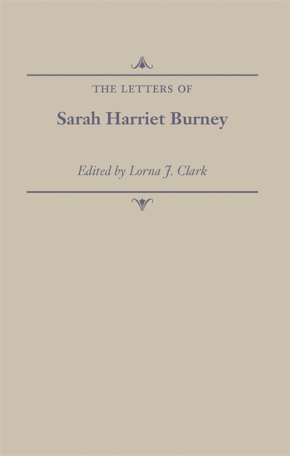The Letters of Flannery O'Connor and Caroline Gordon
Title Details
Pages: 272
Illustrations: 2 b&w images
Trim size: 6.000in x 9.000in
Formats
Hardcover
Pub Date: 10/01/2018
ISBN: 9-780-8203-5408-8
List Price: $34.95
eBook
Pub Date: 10/01/2018
ISBN: 9-780-8203-5407-1
List Price: $34.95
Paperback
Pub Date: 10/01/2022
ISBN: 9-780-8203-6365-3
List Price: $25.95
Subsidies and Partnerships
Published with the generous support of Friends Fund
The Letters of Flannery O'Connor and Caroline Gordon
Newly published correspondence that sheds light on two literary luminaries
Skip to
- Description
- Reviews
"This girl is a real novelist," wrote Caroline Gordon about Flannery O’Connor upon being asked to review a manuscript of O’Connor’s first novel, Wise Blood. "She is already a rare phenomenon: a Catholic novelist with a real dramatic sense, one who relies more on her technique than her piety."
This collection of letters and other documents offers the most complete portrait of the relationship between two of the American South’s most acclaimed twentieth-century writers: Flannery O’Connor and Caroline Gordon. Gordon (1895–1981) had herself been a protégée of an important novelist, Ford Madox Ford, before publishing nine novels and three short story collections of her own, most notably, The Forest of the South and Old Red and Other Stories, and she would offer insights and friendship to O’Connor during almost all of O’Connor’s career.
As revealed in this collection of correspondence, Gordon’s thirteen-year friendship with O’Connor (1925–64) and the critiques of O’Connor’s fiction that she wrote during this time not only fostered each writer’s career but occasioned a remarkable series of letters full of insights about the craft of writing. Gordon, a more established writer at the start of their correspondence, acted as a mentor to the younger O’Connor and their letters reveal Gordon’s strong hand in shaping some of O’Connor’s most acclaimed work, including Wise Blood, "A Good Man Is Hard to Find," and "The Displaced Person."
—Sarah Gordon, author of Flannery O’Connor: The Obedient Imagination and A Literary Guide to Flannery O’Connor’s Georgia
—National Review
—Monica Miller, American Literary History Online Review
—Sean Johnson, FORMA Review
—Maura Shea, America Magazine
—Tanfer Emin Tunc, The Journal of Southern History



